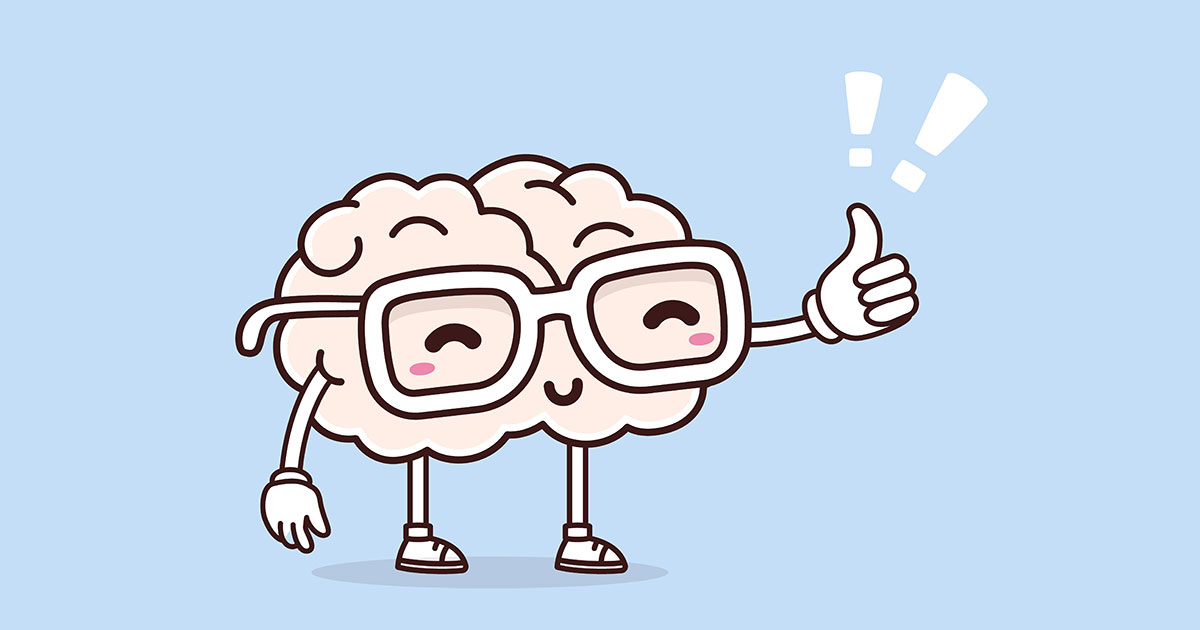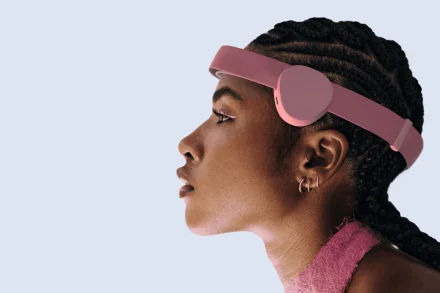The Best Supplements and Nootropics for Social Anxiety and Shyness (2026 Update)
Social anxiety and shyness can make ordinary situations—ordering coffee, joining a meeting, talking to new people—feel exhausting. Therapy and lifestyle change remain the foundation of recovery, but a growing body of research shows that natural supplements and nootropics can support calm focus, balance brain chemistry, and make social situations less stressful.
This 2026 update explains how anxiety affects the brain and which nutrients, herbs, and nootropic compounds may genuinely help.
Table of Contents
Natural Alternatives vs. Medication
Many people with social anxiety prefer to start with natural approaches before considering prescription medications. While SSRIs and benzodiazepines may be effective for some, they often come with side effects such as drowsiness, weight gain, or dependency risks. Natural supplements for social anxiety, on the other hand, typically have fewer side effects and can support long-term mood regulation, making them appealing to those seeking gentle but effective support.
It’s important to note that natural supplements aren’t a replacement for therapy or professional care, especially in moderate to severe cases. But for those looking for day-to-day support with fewer risks, supplements and nootropics can be a smart starting point.
7 Research-Backed Supplements for Social Anxiety Relief
In addition to well-known supplements like L-Theanine, Ashwagandha, and Rhodiola Rosea, recent studies have begun to highlight other natural compounds that may support individuals with social anxiety. These additions bring the total to seven research-backed supplements that could help regulate mood, reduce stress, and improve confidence in social situations.
These supplements vary in strength and suitability depending on the individual. Some may work best when combined, while others may interact with medications or health conditions. Always consult with a healthcare provider before starting a new supplement regimen.
1. L-Theanine – Calm Focus in a Cup of Tea
Found in green tea, L-Theanine promotes relaxed alertness by increasing alpha-wave brain activity and boosting GABA, serotonin, and dopamine. It’s one of the safest natural ways to take the “edge” off without drowsiness.
- Promotes calm without sedation or fogginess
- Boosts alpha brainwaves for a relaxed but alert state
- Enhances GABA and serotonin, key neurotransmitters for mood balance
Most users report feeling the effects of L-Theanine within 30 to 60 minutes. It is often taken in doses ranging from 100 to 200 mg, depending on individual needs. While generally safe, individuals who are on medications for blood pressure or stimulants should consult a healthcare provider before use. As one of the more widely recognized supplements for social anxiety, L-Theanine stands out for its rapid onset and gentle calming effect.
References: L-Theanine on Stress Symptoms, Attention & Working Memory, Stress Response Reduction
Find L-Theanine supplements on Amazon
2. Ashwagandha – The Stress Tamer
This adaptogenic herb supports the adrenal system and reduces cortisol. Clinical trials show significant reductions in anxiety and stress-related fatigue after eight weeks of supplementation.
Ashwagandha is generally taken in doses ranging from 300 to 600 mg of standardized extract per day. Effects typically build over two to eight weeks. Though it’s widely regarded as safe, people with thyroid conditions or autoimmune disorders should consult a doctor before starting. Among supplements for social anxiety, Ashwagandha is notable for its ability to reduce long-term stress rather than offering short-term sedation.
References: Meta-analysis on Anxiety, Review on Anti-Stress Effects
Find Ashwagandha supplements on Amazon
3. Rhodiola Rosea – Energy and Emotional Balanc
Rhodiola helps the body adapt to stress and stabilizes serotonin and dopamine. It’s known for improving stamina and emotional balance—helpful if social situations leave you drained.
- Improves energy and stamina under stress
- Stabilizes mood-related neurotransmitters
- Supports emotional resilience during social interaction
Rhodiola Rosea is typically taken in doses of 200 to 400 mg per day, often standardized to 3% rosavins and 1% salidroside. Most users begin to notice changes in energy and mood within a week or two. It’s considered safe but may be stimulating for some people if taken late in the day. As one of the energizing supplements for social anxiety, it’s ideal for those whose symptoms are accompanied by fatigue and emotional burnout.
References: RCT on Stress & Cognition, Review on Adaptogens
Find Rhodiola Rosea supplements on Amazon
If you often feel energized by people but still dread social situations, you might relate to being an extrovert with social anxiety.
4. Choline – Brain Fuel for Confidence
Choline plays a crucial role in neurotransmitter synthesis, especially acetylcholine, which affects mood, memory, and focus. Some emerging studies suggest that individuals with anxiety disorders may exhibit lower choline levels. Supplementing with choline sources such as CDP-Choline or Alpha-GPC may help support a balanced mental state and confidence in social situations.
- Boosts acetylcholine for improved memory and focus
- May offset neurotransmitter imbalances linked to anxiety
- Supports brain performance during social interaction
Choline supplements like Alpha-GPC and CDP-Choline are commonly used at doses between 250 and 500 mg daily. Effects may take a few days to appear and are often more noticeable when paired with other nootropics. While generally well tolerated, too much choline can cause headaches or low blood pressure in sensitive individuals. As part of a supplements for social anxiety strategy, choline can support the mental clarity needed for social engagement.
5. Lemon Balm – Nature’s Gentle Calmer
Lemon Balm (Melissa officinalis) has been traditionally used for its calming properties. While research is still limited, early studies indicate it may reduce mild anxiety and nervous tension. It is often combined with other calming herbs or amino acids like L-Theanine, and may be beneficial for occasional social stress.
- Quick-acting relief for occasional nervousness
- Safe for beginners or sensitive individuals
- May complement other calming supplements
Typical dosage for Lemon Balm ranges from 300 to 600 mg, taken once or twice a day. Its calming effects may be noticeable within an hour, especially when used in tea or tincture form. Though it’s considered safe for most, high doses may cause drowsiness or nausea. As one of the gentler supplements for social anxiety, it’s a great option for those new to natural remedies or sensitive to stimulants.
6. B Vitamins – Nervous System Support
B-complex vitamins, including B6 and B12, are vital for brain and nervous system function. Deficiencies in these vitamins can lead to fatigue, low mood, and irritability—all of which may worsen social anxiety. Supplementing with a high-quality B-complex can support a healthy stress response and improved mental clarity.
- Essential for neurotransmitter production
- Helps regulate mood and reduce irritability
- Supports sustained mental energy and clarity
Most people take B-complex vitamins daily, with effects often noticeable after consistent use over several weeks. These vitamins are water-soluble, so excess is usually excreted, but very high doses of B6 over time can cause nerve issues. As foundational supplements for social anxiety, B vitamins support neurotransmitter production and help buffer stress in high-demand social environments.
7. Omega-3 Fatty Acids – Mood Stabilizers
Omega-3s, particularly EPA and DHA found in fish oil, have been linked to better mental health outcomes. They reduce systemic inflammation and support brain function. While they are not a direct anxiolytic, research suggests they may reduce symptoms in individuals with anxiety or depression, making them a smart addition to a social anxiety support regimen.
- Reduces inflammation linked to mood disorders
- Supports brain structure and neurotransmitter function
- May lower anxiety symptoms in clinical populations
Common doses for Omega-3 supplements range from 1000 to 2000 mg of combined EPA and DHA daily. Benefits often build gradually, becoming noticeable after several weeks of consistent use. People taking blood thinners or with bleeding disorders should consult a doctor before starting. As nutritional supplements for social anxiety, Omega-3s offer broad support for emotional resilience and cognitive health.
Final Thoughts on Supplements for Social Anxiety
Managing social anxiety is a journey that often involves multiple strategies. Supplements and nootropics can be a helpful piece of the puzzle—especially when used alongside therapy, mindfulness practices, and lifestyle improvements. While results may vary from person to person, many people find that the right combination of natural support helps reduce symptoms and improve day-to-day confidence.
As always, speak with a healthcare provider before beginning any new supplement, especially if you’re taking medication or managing other health conditions. With the right plan and support, social anxiety doesn’t have to control your life.
If you’re on a journey to manage social anxiety naturally, consider exploring our Digital Detox Challenge for strategies to reduce overstimulation and boost presence. Or learn what it’s like to be an Extrovert with Social Anxiety, where outward confidence masks inner struggle—an experience many readers relate to.
With consistency, patience, and the willingness to try what resonates, you may find that even small improvements from supplements can enhance your overall well-being. Whether you’re new to exploring supplements for social anxiety or refining your routine, continue learning and honoring your personal journey. Progress isn’t always linear, but every mindful step counts.







2 Comments